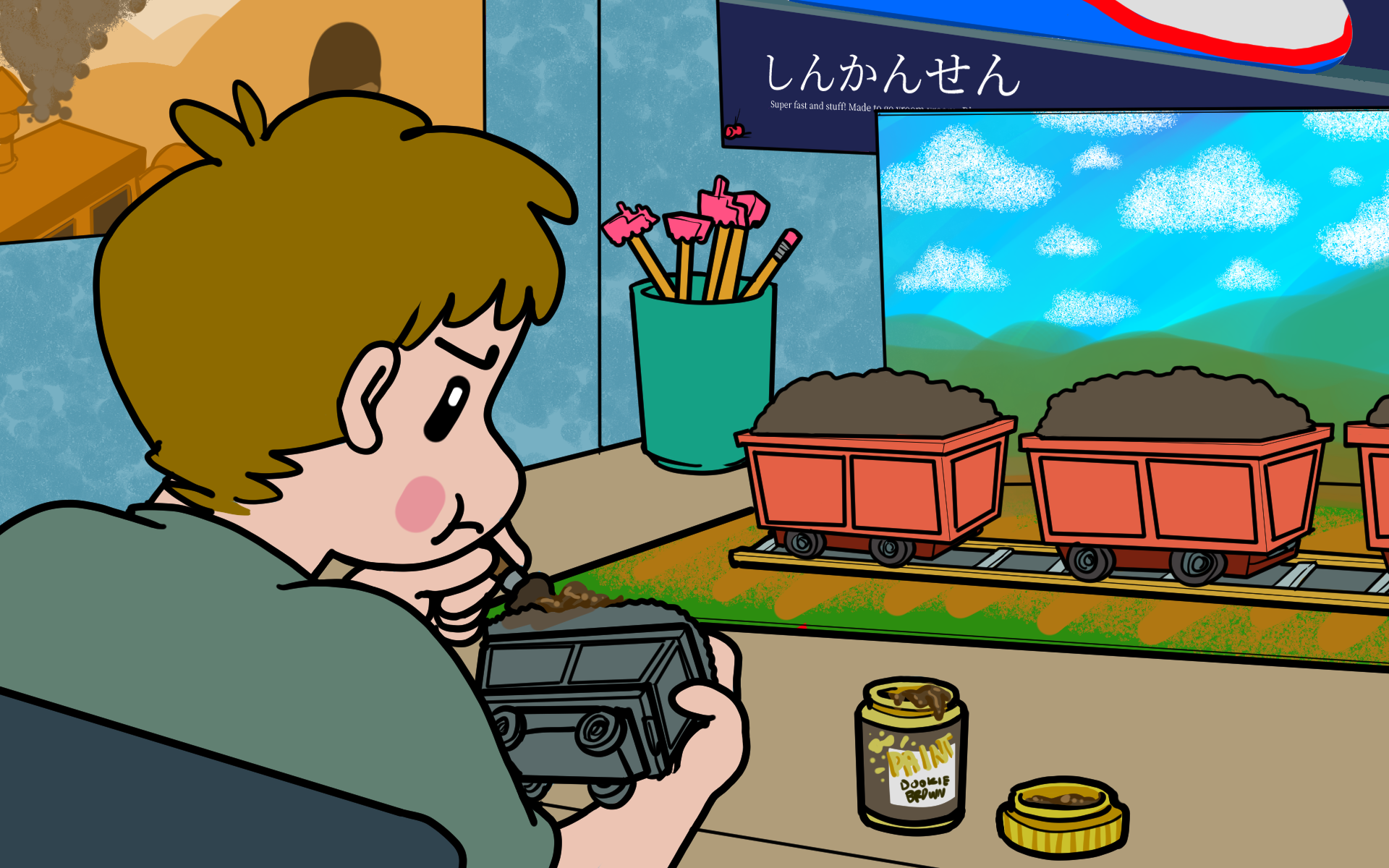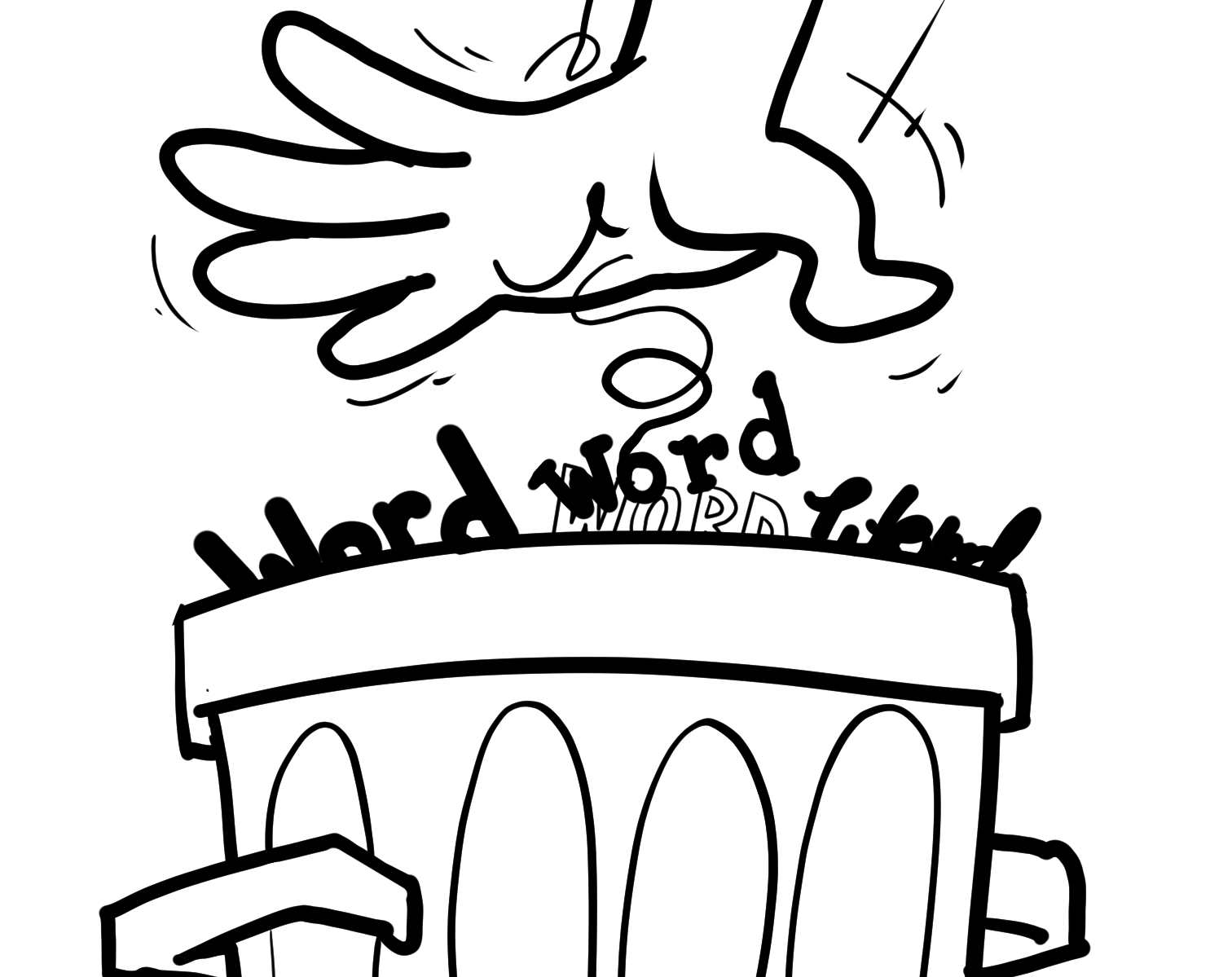The benefit of a niche Japanese vocabulary list Japanese vocabulary can be overwhelming, but being selective about what and how you learn can help make it easier.
This insight was originally published on October 04, 2022, and transferred here later.
Part of the problems while learning a language is that sometimes you have so much vocabulary to study that it is hard to get a handle on it all. After you start accruing enough flashcards, words start blurring together; and it is hard to remember what they meant in the first place— or whether they ever meant anything at all.
The truth is, at this point, they really didn't mean anything. Or rather, whatever potential meaning they could have had for you simply hasn’t formed yet.
Vocabulary is meaningless, until it's not

A blurry slurry of vocabulary can never truly have meaning until you make an effort to create meaning with them. You have to create and take advantage of opportunities where you can interact with the words beyond just flipping a flashcard a few times before a test. Watching videos in Japanese, or going for regular walks and pointing out the Japanese word for things you see along the way are great ways to get simple moments of interaction with your vocabulary. These kinds of associations necessitate learning. It is those very interactions and encounters that allow you to make more associations with the words and ideas you are trying to learn!
Create vocabulary around the things you already know & love
Like I mentioned earlier, you can make a whole new routine that allows you to practice your Japanese vocabulary. Things like taking a vocabulary-focused walk, watching a video, or reading a book; those are great things! Alternatively, you can also open up your older routines and "life things" to the vocabulary you are learning.

Have a hobby? Learn some words that can be used with that! Have a job? Learn some words relating to your field~ There are a lot of things we do every day; more than we probably even realise. Take a moment to think about your "normal" and what kind of vocabulary is best encountered within it.
Be picky & choosey
As you are opening up opportunities for interacting with your Japanese vocabulary, you will sometimes become aware that there are words you just can't reasonably do that for. There is absolutely nothing wrong with having a few words here and there that are exclusively used in flashcards or memorized in a similarly clinical way. That can't always be helped. However, this also opens up a new point worth considering: don't bother learning those words. 🤷

When learning Japanese, you can greatly benefit by being a little more selective about the words you make an effort to learn. For example, in an older insight, I mentioned that I have never had to deal with かふんしょう. Because of my privileged lack of allergies, I had a difficult time creating a solid association in my head for the word. It caused me more trouble keeping it in my flashcard deck with a bunch of other similar sounding medical terms to confuse it with than to just do away with it entirely.
The main takeaway from that experience is that if you don't actually need the word any time soon, then you should just hold off on learning it in favour of something more beneficial and memorable to you. If you don't go to school or have kids that do, then learning about terms like がっき (gakki / semester) or ねんせい (nensei / year of school) might be a waste of time when you could be learning about つま (tsuma / wife) or かいしゃ (kaisha / workplace). The same can be said for the language you natively speak. You don't need to learn every piece of jargon to be fluent. English teachers talk about "gerunds", but most English speakers don't know or care what that even is! So be selective about the words you learn in Japanese, & know it's okay that you chose not to learn what you didn't. It is what you actually do choose to learn that is the important thing.

So how do you start being picky, choosey, & interactive?
Great question! When you're learning something new, it helps to dream big and start small~
Try starting off by picking 1 hobby or daily thing that you do. It could be anything from a job, to school, to hitting up an arcade with your pals, etc. Once you do that, look up 5 vocabulary items you can study. Think about those words, or say them when you do things that involve them. After a couple weeks, or whenever you feel comfortable learning more things, add 5 more vocabulary concepts and keep doing that process until you feel brazen enough to try it with a completely different hobby.
If you already have a hefty vocabulary list, go through 10 or 20 of them in a week to see if you can find any worth putting in a backlog for another time. The hard part here is just being honest with yourself about what is important and what you think you can do in the now. I can't teach you how to do that though, unfortunately; that is all you...
Brutal realities about the human psyche aside, that is really all there seems to be to it! Now go forth, and conquer your Japanese vocabulary system~

If you have any questions or something didn't quite make sense in this insight, do speak up! There is a comment section below for you to ask things, or even just say hello~ 👇👇👇
